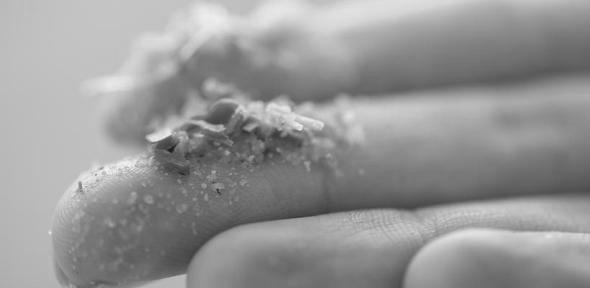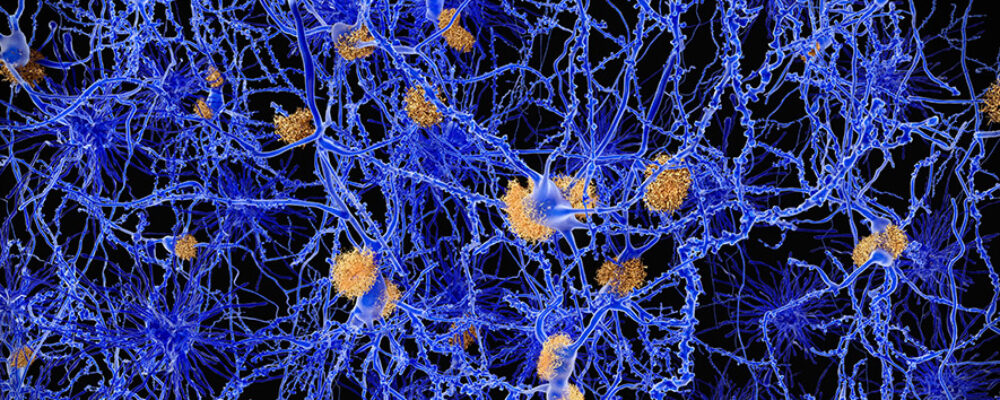Even if global production and pollution of new plastic is drastically reduced, scientists, writing in the journal Nature Communications, say that legacy plastics, the billions of tonnes of waste already in the environment, will continue to break down into tiny particles called microplastics for decades or centuries.
These fragments contaminate oceans, land, and the air we breathe, posing risks to marine life, food production and human health.
The researchers – from the University of Cambridge, GNS Science in New Zealand and The Ocean Cleanup in The Netherlands – say the problem lies in a gap between ambition and action, called the fragmentation gap.
At a meeting this week in Busan, South Korea, the Intergovernmental Negotiating Committee on Plastic Pollution is meeting to finalise the Global Plastics Treaty, the first legally binding treaty to tackle plastic pollution.
While the treaty’s initial discussions highlight prevention of plastic pollution, the researchers say it largely overlooks the need to remove existing waste. This omission means microplastics will continue to accumulate, even if plastic pollution slows.
“The treaty is aiming to eliminate plastic pollution by 2040, but this goal is unlikely without stronger action,” said co-author Zhenna Azimrayat-Andrews, a PhD student at Cambridge’s Department of Earth Sciences. “Even with a sharp reduction in plastic entering the ocean, existing debris will split into smaller pieces and persist for centuries.”
These microplastics have already infiltrated marine ecosystems and are harming marine ecosystems, degrading commercial seafood quality, and disrupting critical ocean processes.
The researchers argue that plastic clean-up efforts must be prioritised alongside reduction targets. Strategies to remove plastics from terrestrial and marine environments, such as those targeting pollution in beaches and rivers, could help prevent microplastics from forming. In fact, a 3% annual removal of legacy plastic, combined with aggressive reduction measures, could significantly curb future contamination, they say.
Without action to address legacy plastic, the treaty risks leaving behind a long-lasting problem for marine life and future generations. Experts are calling for clean-up efforts to become an equal pillar of the treaty, alongside prevention and recycling.
As world leaders gather to negotiate the treaty this week, the spotlight is on their ability to craft a comprehensive plan that doesn’t just slow pollution but also begins to reverse the damage that has already been done.
Reference:
Karin Kvale, Zhenna Azimrayat Andrews & Matthias Egger. ‘Mind the fragmentation gap.’ Nature Communications (2024). DOI: 10.1038/s41467-024-53962-3
“The University of Cambridge is a public collegiate research university in Cambridge, England. Founded in 1209, the University of Cambridge is the third-oldest university in continuous operation.”
Please visit the firm link to site






